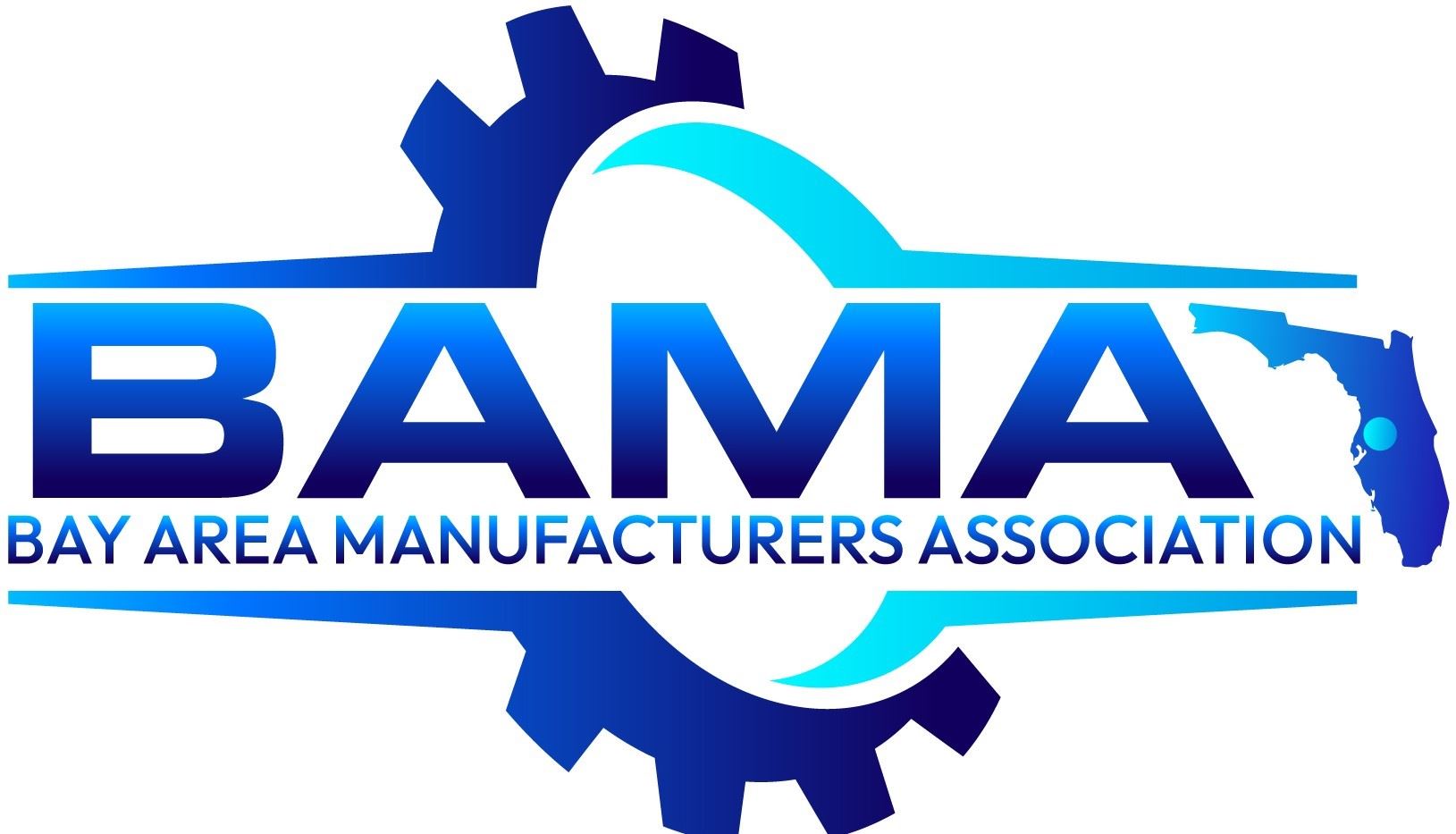The BAMA Blog

Reprioritizing marketing and regaining sales
momentum during COVID-19
Date: December 11, 2020
14 things your company can do right now.
Until COVID-19 hit the United States a few months ago, our economy was strong and humming along. As the virus quickly spread, CEOs and business owners have had to quickly adapt, prioritize and pivot. Some companies are feeling fortunate just to project flat sales for this year. Others are seeking innovative ways to regain even 50% of the revenue lost during Q1. Either way, reprioritizing marketing right now can help you regain sales momentum.
Here are some steps you can take to get back on track.
- Help your community and keep people working. Candidly speaking, the best thing you can do for your community is maintain your business and the jobs you provide. Your local and national economies need your business to be a success. But if you can help in other ways, that’s good too; rearrange your production line to prepare PPE, make donations to food banks, donate your own time and money, help other businesses with new best practices or give away a part of your product or service.
-
Call every one of your customers. A genuine check-in from you will accomplish three things:
- Build trust and show compassion — “Just checking in to see how you’re doing?”
- Help you gauge your customers’ situations during and post-COVID.
- Increase the potential for work.
-
Revisit your strategic plan and budgets. Your plan was likely written with good times in mind. After talking with customers, you’ll have a better idea of how and where to re-prioritize. It WILL look different:
- Sales goals will need to be adjusted
- A shift from talent attraction to marketing and sales
- Capital investments maybe put on hold
- New sales that require air travel will be slowed
- Operational adjustments to accommodate social distancing
-
Take a deeper look at sales. It’s a good a time for you and your sales team to take a closer look at your sales processes.
- What percentage of your sales does the company close? How can you increase that?
- Polish up your sales presentation. In this new economy, your value propositions may change. For example, price may trump lead times.
- Watch your competitors and look for opportunity. This new economy will open doors for strong companies. I never want to see a business fail, but the sad truth is, some of your competitors will go out of business and others will see a drop in quality. Be ready for this new world of opportunity. If you’re in a position to acquire a competitor, have your bank and your team ready to act quickly. If you know your competitors’ customers, now is the time attract them.
-
Create a crisis communication plan. Every company will experience at least one crisis in its lifetime. As I write this, many are scrambling to deal the one we’re experiencing right now. Be prepared for the next one. It can save you stress and money. For more on crisis planning, action and debriefing, click here.
- Anticipate types of crises and identify (and train, as necessary) internal and external people to manage the media, PR and legal issues.
- Have your messages and a list of stakeholders ready and leverage notification tools for quick information updates.
- When the crisis hits, know exactly how to put your plan into action, how and when to communicate to individual audiences, and the best way to do it.
- After the crisis subsides, evaluate the results and make adjustments to your plan.
-
Clean up your CRM — or build one. Have staff with time on their hands revisit your Customer Relationship Management tools…it’s a great use of PPP funds. A clean CRM will be vital for tracking sales efforts when business picks up. Your CRM should include:
- Updated contact information, including email addresses.
- A way to filter by industry, AND…
- a way to filter the lead by type, from the top of sales funnel down — awareness, qualified marketing lead, qualified sales lead, prospect, customer.
-
Focus on the markets that are making money:
- Food
- Defense
- Electronics
- Utilities
- Media
- Software
- Pharmaceuticals
- Advertise more — or start if you aren’t. Right now, trade publication advertising is inexpensive and likely negotiable. And think about it… people are online, a lot. Engage an agency with digital advertising capabilities to place highly targeted ads. We’re seeing a higher ROI on digital ads at this time.
- Offer client/customer training. Some of your customers and leads have pockets of extra time right now. If you’re in position to host training webinars, you can use this time to build trust and position your company as an expert. Some of my clients have been hosting engineering-related training classes. I’ve been hosting five-person webinars with manufacturers, discussing actions like these they can take to prepare for a reopen.
- Create value now for sales later with great content that can be used all year long. Content is still king! Grab your laptop and a cup of coffee. Once we get on the other side of this economy, I’m hoping you’ll be busier making sales calls than making ads. Use this downtime to develop enough content to use in your online marketing efforts all year long. Think about video too. You don’t need expensive equipment — a smart phone and a microphone will do.
- Restructure your upcoming events. Few people will be travelling this year, so your company events will need to be restructured to take place virtually. This provides new challenges. Start planning now and use this opportunity to reach out to your audience and create several touchpoints before your next event.
-
Audit your online presence. Review your online presence with a critical eye. Does your website need a visual refresh? Is your online content outdated? Fix it now.
- Ensure your website content is well positioned for SEO. Understand which key words will help prospects find you.
- Update your website with any new, relevant things. If you’re a medical device supplier, change your home page graphics to position yourself for that market.
- Update your Google Business page and make sure it’s accurate.
- Improve your website and user experience to increase conversions.
- Review your web advertising and identify your best performing ads.
-
With everything mentioned above, please be sensitive. Be careful not to appear as if you’re trying to capitalize on this crisis. And please consider sensitive messaging:
- Avoid images of crowds or employees not practicing social distancing.
- Use language that encourages current business best practices, like “Please call for a virtual introduction.” Avoid using language that suggests in-person meetings, like “Let’s connect.”
- Don’t be an alarmist. Avoid statements like “In tough times…”
- Avoid bragging. That’s great if you’re busy, but be mindful that 25% of Americans are collecting unemployment and business are tragically shutting their doors.
- Focus your messaging on how your company can help.
- Be an optimistic leader — remind people this won’t last forever.
